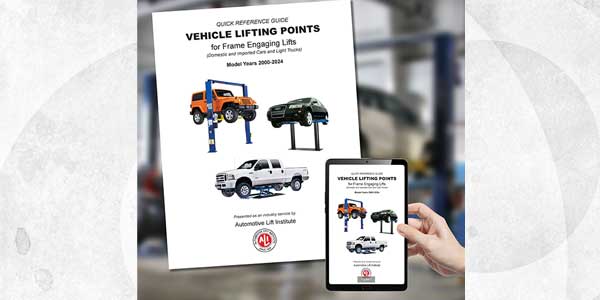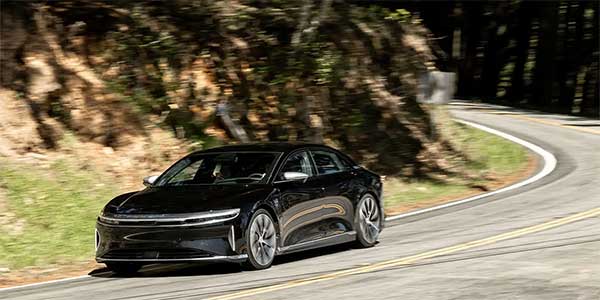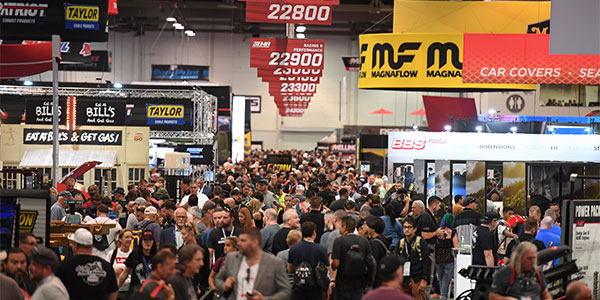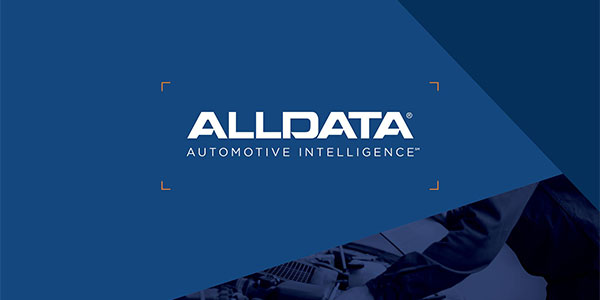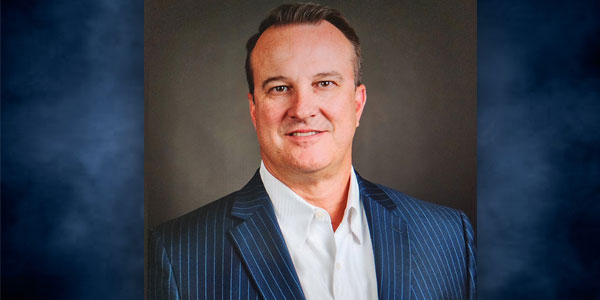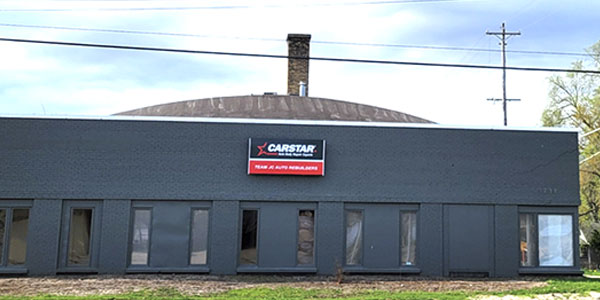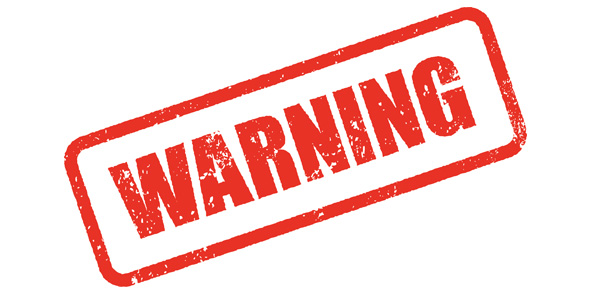
The Federal Trade Commission (FTC) recently issued a “compliance warning” to Hyundai, pointing to possible violations of the Magnuson Moss Warranty Act for requiring customers to use Hyundai genuine parts.
In an April 9 letter, Lois Greisman, associate director of the commission’s Division of Marketing Practices, tells Hyundai that the agency has “concerns about certain representations your company is making regarding its warranty coverage.”
Greisman points to one statement on the Hyundai Motor America website as particularly problematic: “The use of Hyundai genuine parts is required to keep your Hyundai manufacturer’s warranties and any extended warranties intact.”
“[FTC] staff similarly would be concerned about any additional representations made by Hyundai that state or imply that its warranty coverage requires a consumer to purchase an article or service identified by Hyundai or another brand, trade or corporate name,” Greisman says in the letter. “Furthermore, staff would be concerned if Hyundai, in practice, denied warranty coverage based on the warranty provisions quoted above or any similar provision.”
In the letter, Greisman notes that the Magnuson Moss Warranty Act forbids tie-in sales of branded products and services as a condition of warranty coverage. She urges Hyundai to review the Magnuson Moss Warranty Act and the Federal Trade Commission Act “and if necessary, revise your practices to comply with the acts’ requirements.”
“This letter places you on notice that violations of the Warranty and FTC Act may result in legal action,” she adds. “FTC investigators have copied and preserved the online pages in question, and we plan to review your company’s written warranty and promotional materials after 30 days.”
In a news release, the Automotive Oil Change Association, the Auto Care Association and the Tire Industry Association praised the agency for putting Hyundai on notice, although they “wish that the FTC action had been stronger.”
The associations filed complaints with the FTC and the National Highway Traffic Safety Administration in 2012 and 2016 over Hyundai and Kia’s Technical Service Bulletins No. 114 and No. 12-EM-006, which directed their dealerships to assume that aftermarket oil filters were the cause of any engine knocking noise and to refuse warranty coverage associated with oil-system maintenance and repairs.
Many of the vehicles affected by the bulletins became the subjects of class-action lawsuits (Wallis v. Kia and Mendoza v. Hyundai) and subsequent recalls, and led to settlements that determined the engine knocking noises were the result of engine defects, not aftermarket oil filters or non-dealership service, the associations noted.
“The associations hope that the FTC action will serve as a wake-up call to the vehicle manufacturers and their authorized service providers about the Act’s anti-tying provisions, and will also help educate consumers that they can have their vehicles maintained by their trusted independent technician using high-quality non-original equipment parts without fear of voiding their new car warranty,” the associations asserted in a news release.





